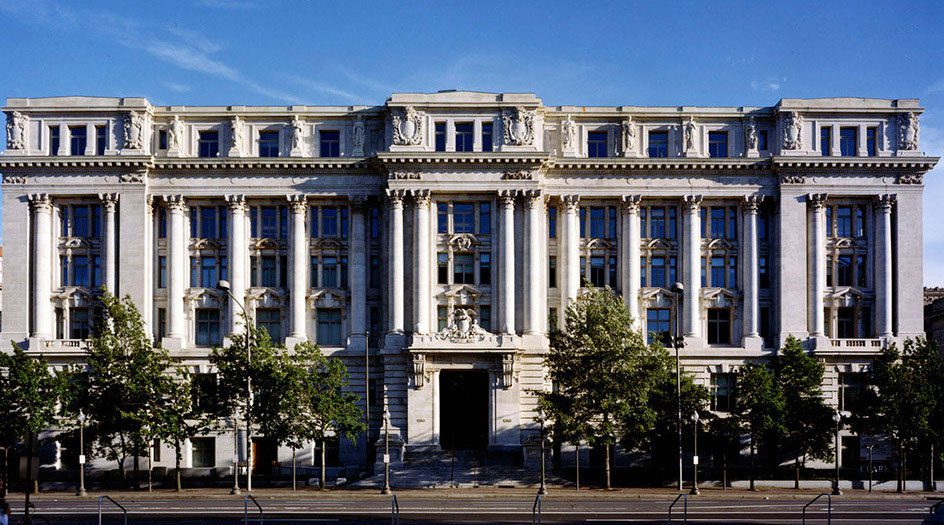Council Passes 2023 Budget; Awaits Mayor’s Signature
By • May 30, 2022 0 1270

The Council of the District of Columbia passed Mayor Bowser’s $19.5 billion 2023 budget on May 24. It was the culmination of a long unique District process that takes months of time to write and review proposals and to organize and conduct town hall meetings with D.C. residents, expert briefings with officials and outsiders, and lobbying and politicking between all concerned.
It was further complicated this year by certain budgets that are still flush with COVID pandemic grants not fully spent and city reserves full, some with unexpected revenue during a complete opening back of D.C. after two years of pandemic restrictions. Those funds won’t be renewed but they are there now even as officials ask for increased budgets.
During the process, Council elected and appointed officials participated in heated exchanges for favorite agendas right until the last minute. In the end, most Council members indicated they got what they wanted. The new budget includes millions of dollars for almost every category of public “investment” (aka, spending): public safety, health and human services, transportation and environment, housing affordability and the like.
Education is one of the largest budget items, and the 2023 budget included $45 million for the new Ward 2 high school on MacArthur Boulevard. The recreation budget included promised allocations for the Jelleff Center renovation and Hardy School and Volta Park athletic fields.
On May 24, Council member Elissa Silverman (I-At Large) pitched an amendment that would have taken away about half of the $14 million allocated to purchase the former Key Bridge Exxon site in Georgetown, and use it instead to make expansion of paid leave benefits for private-sector workers retroactive to July 1. Council member Brooke Pinto (D-Ward 2) objected about passing on an opportunity to buy the property at M and 36th Streets NW that could be used to build affordable housing or a Metro station, she said. Silverman’s amendment failed on an 8-to-5 vote. But she was able to set aside $20 million for laborers who were not eligible for traditional or expanded federal unemployment benefits, such as street venders and some undocumented migrants.
The budget session wrapped up on Tuesday morning, May 24. A few hours later, the shooting at a school in Texas happened. Nineteen fourth graders ages 8 through 10 and two teachers were shot during an hour’s rampage by an obviously mentally ill 18 year-old who had bought his assault rifle into the unsecured school while police waited outside the school rooms for over an hour unsure what to do.
What about D.C.? When asked on Thursday, May 26, about school safety measures in D.C., including on-site “school resource officers” — trained school armed police or specially trained MPD officers — Mayor Bowser leaned in and said gravely, “What happened Tuesday morning in D.C.?” This reporter replied, “The Council passed the 2023 budget.”
“Yes,” said the mayor, “and it didn’t include any funding for school resource officers or training.”
“The D.C. Council voted to keep phasing police out of public schools — despite the objections of the mayor, Council Chairman Phil Mendelson and city principals’ union, which had said officers are needed to prevent school violence,” according to the Washington Post on May 10. “It was one of the most contentious votes of the day. The council voted Tuesday against the mayor’s preference, instead continuing to remove officers from school buildings.”
The approved 2023 DC budget includes $3.8 million for additional support for school-based mental health programs. There appears to be nothing in it for gun safety initiatives, such as gun buy-back programs and training for gun related prevention and confrontation attacks in D.C. public schools.
Mayor Bowser was set to approve and sign the passed 2023 budget this week. Then, it goes to Congress for review, after which the budget becomes effective Oct. 1.

